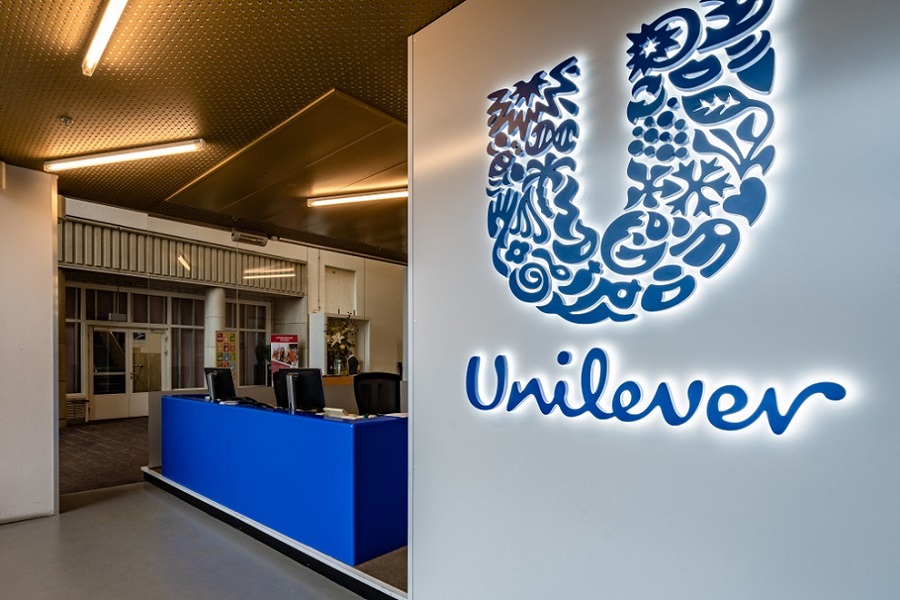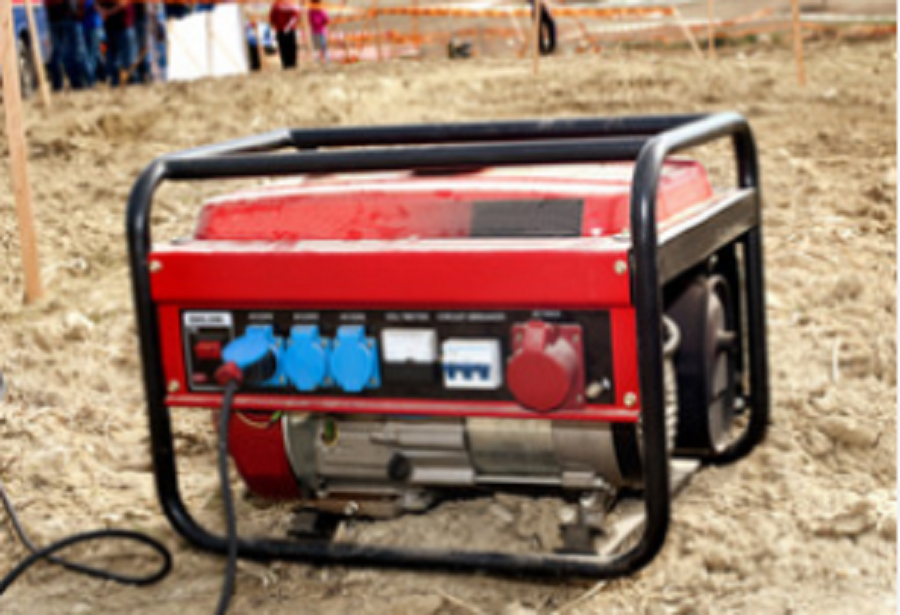Food and personal products giant, Unilever Nigeria Plc, has revealed that it is being forced to buy dollars above the official market rate in the country.
This is attributed to the rationing of foreign exchange by the Central Bank of Nigeria (CBN) due to the shortage of the greenback since the Covid-19 pandemic induced lockdown and crash in global oil prices which has negatively impacted the country’s external reserve.
According to Bloomberg, this disclosure was made by the Finance Director of Unilever Nigeria Plc, Adesola Sotande-Peters, at an investor conference call in Lagos.
READ: Unilever to spin off Tea business such as Lipton, Brooke Bond in major restructuring
Sotande-Peters said that the company bought the foreign exchange from currency traders and banks at an average of between N440/$1 to N450/$1 in the first half of 2021, as against the N410.80/$1 that it closed on Friday at the investors and exporters window, representing over 9.5% overpayment.
She said that the multinational firm has not seen an increase in dollar supply since the latest CBN’s policy in which the apex bank stopped the sales of forex to Bureau De Change (BDC) operators.
Sotaande-Peters said, ‘’We are still waiting to see how liquid banks will be to meet a lot of customers’ demand,’’ adding that Unilever needs foreign exchange to import petrochemicals, a raw material for many of its products.
READ: Q1 2021 Unaudited Report: Unilever Nigeria records 46% growth in turnover
Speaking at the conference call, the Managing Director of Unilever Nigeria, Carl Cruz, said that in order to ameliorate the impact of the dollar shortage on operations, the company is increasing local sourcing of raw materials to enable it to be forex neutral in the very near future.
What you should know
It can be recalled that in July, the CBN Governor, Godwin Emefiele, after the monetary policy meeting (MPC), announced the stoppage of sales of dollars to BDC operators accusing them of facilitating graft and money laundering in addition to engaging in illegal activities and exhibiting corrupt tendencies.
The apex bank said that it will henceforth channel weekly allocations of dollar sales to commercial banks to meet legitimate foreign exchange demands.
READ: Unilever earmarks N62 million as remuneration to its Non-Executive Directors in 2021
The scarcity of dollars and demand pressure for forex has refused to ease since the outbreak of the coronavirus pandemic and the subsequent crash of oil prices, which is Nigeria’s biggest foreign exchange earner.
This has seen many Nigerian businesses and manufacturers complain of difficulty in getting forex to meet up with import requirements just as foreign investors struggle to access foreign exchange to repatriate their funds.











Can you imagine this- ‘ to import petrochemical’ – what a country?! The world sixth largest producer of crude oil!!!